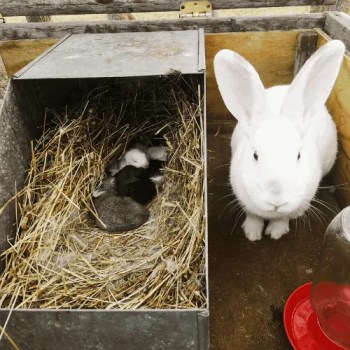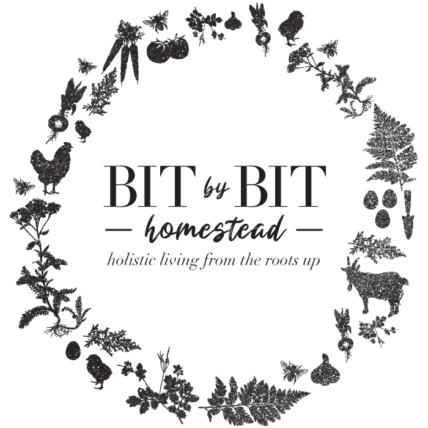Life on the Homestead
Greet Our Goats

Greet Our Goats
We started keeping dairy goats in the winter of 2018. Our goal was to get comfortable with raising goats so that we could begin to provide for ourselves in ways that were still bringing us to a grocery store; dairy in the form of milk, cream, cheeses and yoghurt. We jumped in with both feet and bought two pregnant does who gave birth on Christmas Eve. Over the past 6 years we've had over twenty-five kids born, each one cuter than the next!
Currently we no longer keep goats. In January of 2024 we made the tough decision to sell our herd and take a break. Raising goats was incredibly rewarding and we will always cherish the time we had with them. To raise the number of goats we would need to provide all of our dairy needs, would require more space and time than we have, so we have put a pin in it for now. I imagine having goats again when we retire from full time careers, and look forward to once again making cheeses and soaps and even getting into other goat projects like spinning cashmere. As always, stay tuned!
Bunny Buddies

Bunny Buddies
The Buzz About Our Bees

The Buzz About Our Bees
The journey with beekeeping began in 2017 when Sandra decided to get over her lifelong fear of bees by taking a course in beekeeping. Sandra and Martin were so lucky to study under Brian Lacey and the late Brent Halsall. It was a life-changing experience that we will never forget or be without gratitude for. Keeping honeybees, of course, would also allow us to fill another hole in our desire for a self-sufficient life; besides maple syrup we could add another source of sweetness and one with amazing medicinal value. All of the humans on this Homestead participate in beekeeping; even the youngest, Jackson. We are always learning; beekeeping is an ever-changing activity that constantly provides you a new lesson, just as you think you’ve got a great grasp on it all. At the height of our beekeeping we raised up 10 hives and with conservative collection and extraction of honey for ourselves. Last year we were able to capture two separate swarms, one up in a Spruce tree at a neighbours place and one we cut out of a garage wall. They were both such incredible experiences!
Fun fact: Honeybee colonies are a very matriarchal and feminist group. They are led by a queen and all of the workers, foragers, and nurse bees are female, while the male bees (also known as drone bees) are simply there for mating with the queen. Drone bees do not have stingers nor do they collect pollen or nectar. Come winter the female bees typically kick them out of the hive until new drones are born the following season.
Check Out Our Chickens

Check Out Our Chickens
Growth in the Garden

Growth in the Garden
Mighty Microgreens

Mighty Microgreens
Micros are one of the newest hobbies on the Homestead. Martin began dabbling in growing microgreens when he worked for Butterfly Sky Farms in 2016, where he raised salads and microgreens for many of Ottawa’s restaurants and health-conscious take-out spots. When the farm moved, Martin didn’t go with them and instead he started to grow micros for us at home.
Last year, he began experimenting with different varieties of greens, as well as different growing techniques. Now, after finding a groove that he is quite happy with he continues to grow them for us all winter long, bringing high-density nutrients to all of us in ways that are inspired by and respect the earth. You may find microgreens for sale by request and you can even set up recurring orders so you can regularly take your nutrition to the next level.
Fun fact: we grow much less in the summer months because we have such abundance in the garden, but we will still happily grow some for you upon request.

